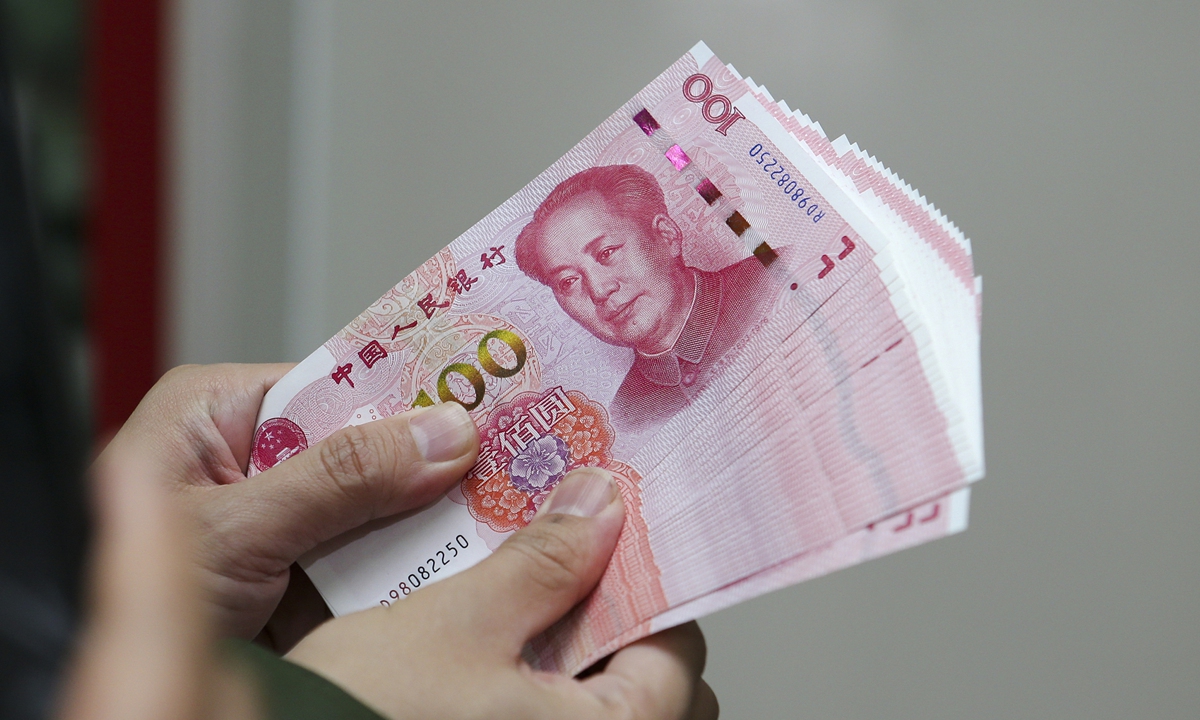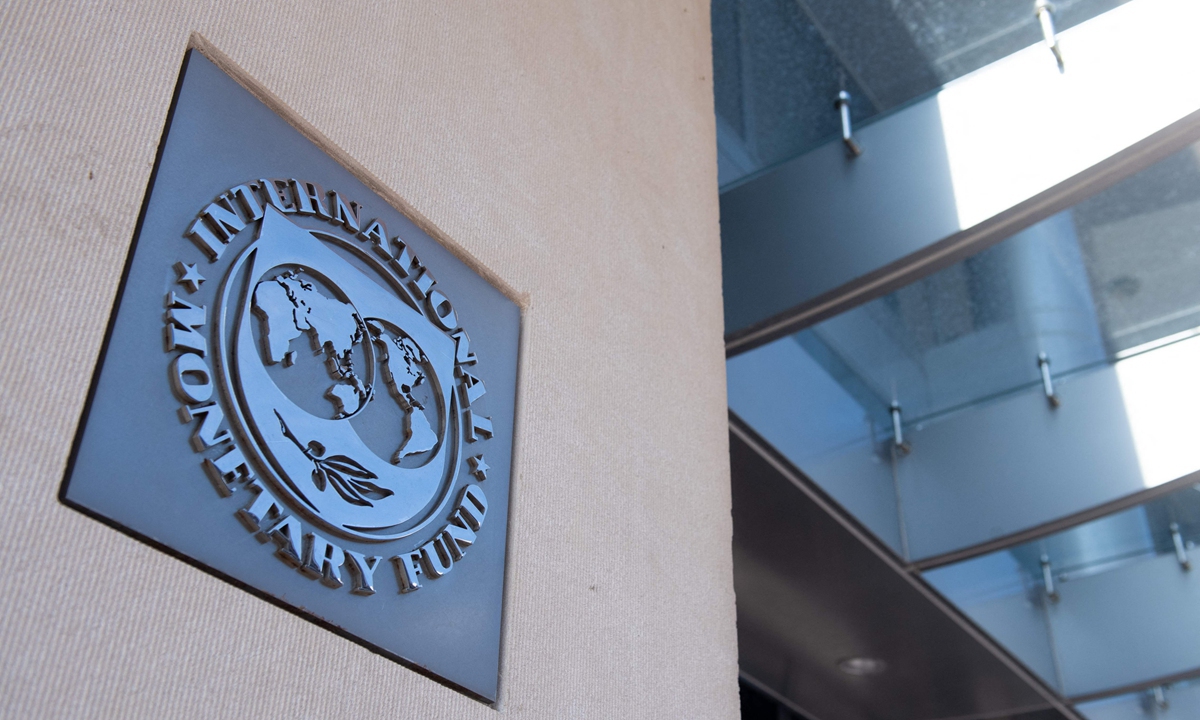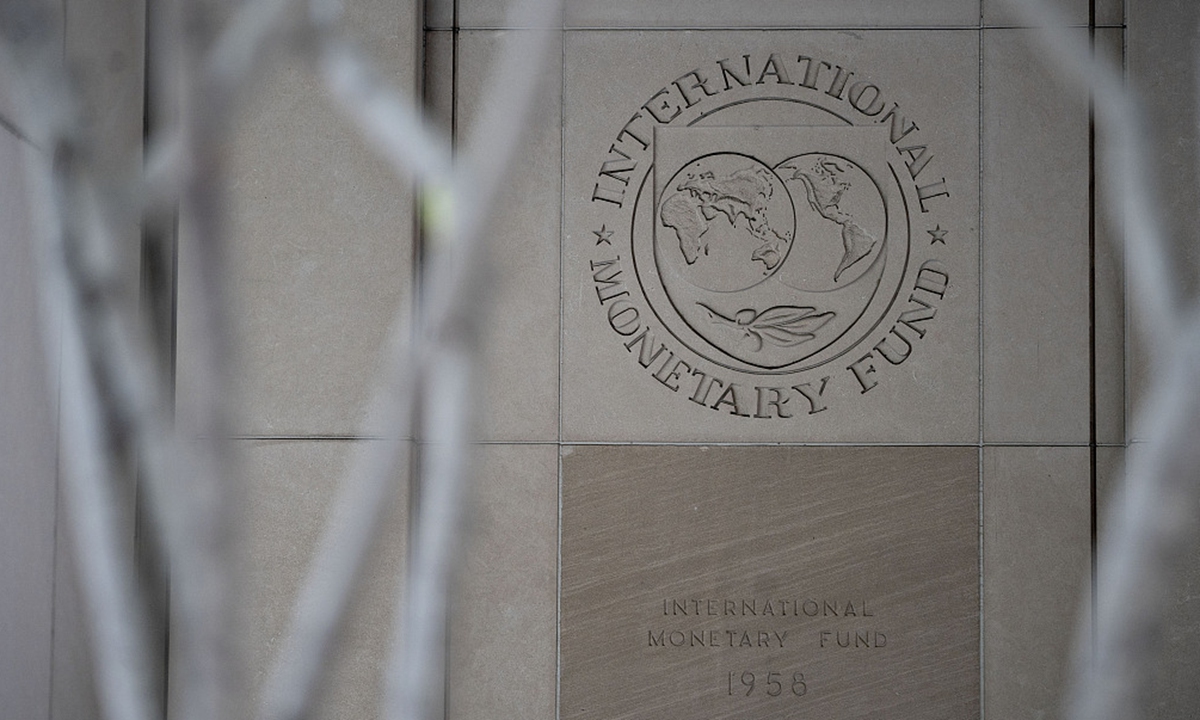
RMB Photo:VCG
The internationalization of the yuan has taken a step further as the Ministry of Economy of Argentina announced on Tuesday that it will again use the Chinese currency to repay part of its IMF debt.
According to the ministry, it will repay about $3.4 billion in foreign debt and interest due to the IMF in the near future, part of which will be paid with the equivalent value in yuan terms under a bilateral currency swap agreement of the central banks of the two countries.
On June 30, Argentina announced the payment of a maturing IMF debt with Special Drawing Rights (SDR) and freely available yuan. It was the first time that the South American country used the Chinese currency to settle its debt obligations.
"The renewed use of the yuan to pay its foreign debt showed Argentina's confidence in the Chinese economy and its recognition of the stability and value of the Chinese currency, which also reflected the growing importance and acceptance of the yuan in the international community," Wang Peng, an associate research fellow at the Beijing Academy of Social Sciences, told the Global Times on Wednesday.
Argentina's move is a milestone in the process of the yuan's internationalization. It enriches the application scenarios of the Chinese currency from trade settlements to debt repayment, Wang said.
Using the yuan to repay external debt also promotes the globalization of the currency, which will increase global demand for the yuan and improve its liquidity in the international market, thus helping to enhance the yuan's status as a global reserve currency, Wang noted.
This year, several countries have sought to trade in non-dollar currencies and diversify their foreign exchange reserves in a bid to counter US hegemony.
On October 27, the state-run Industrial and Commercial Bank of China opened a yuan-clearing bank in Pakistan, which aims to facilitate both Pakistani and Chinese businesses and financial institutions to settle cross-border transactions and meet the financing needs of the two countries.
The US dollar remains the world's dominant reserve and transaction currency, Wang said. "However, given the various external uncertainties including inflation, the Chinese currency has provided a stable choice for foreign exchange reserves for developing countries such as Argentina."
Diversified foreign exchange reserves can reduce risk, provide greater flexibility and help these countries to better cope with external shocks, Wang added.
As of the end of 2022, global central banks held yuan reserves equivalent to $298.4 billion, accounting for 2.69 percent of total reserves, up 1.62 percentage points from 2016, when the currency first joined the SDR.
The yuan ranked fifth among major reserve currencies, according to the 2023 Yuan Internationalization Report released by the People's Bank of China, the country's central bank, citing data from the IMF.
At least 80 foreign central banks or monetary authorities so far have included the Chinese currency in their foreign exchange reserves, read the report.



